"Marriage Story" is no "Kramer vs. Kramer"
"Marriage Story" is a narrow-minded and heavy-handed attempt to examine the complexity of human relationships.
Incluvie Foundation Gala - Learn More
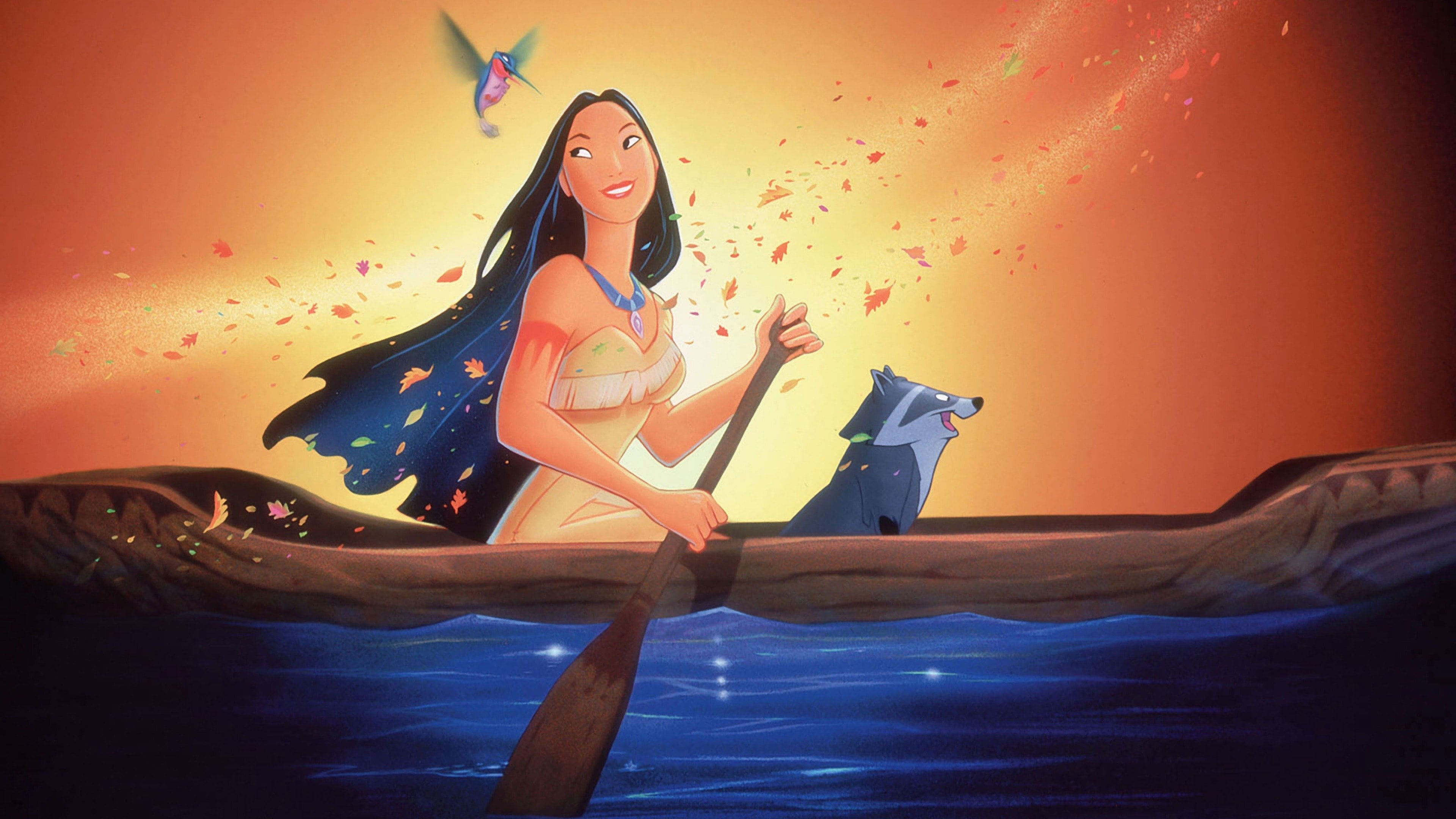

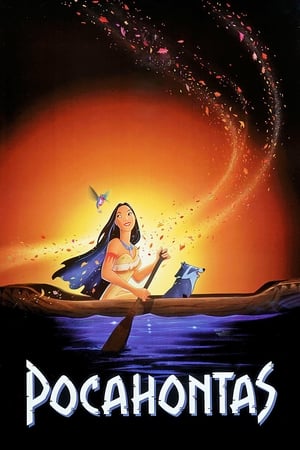


Few things in the realm of entertainment are able to replicate, let alone surpass, the enchanting and fantastical worlds of Disney Studios. Their magical wonderlands and blissful worlds have been captivating audiences for almost a century and I am no exception - some of the most influential media from my childhood up to now have been products of Disney. But I'm not here to celebrate or excuse them, they have a glaring and, up until recently, unaddressed issue that spans nearly its entire lifetime - an absence of diversity. And that doesn't really even begin to express the gravity of the issue, it's more an avoidance of diversity, a conscious effort to neglect any competent minority representation. It wasn't until 69 years later that Disney finally released a film featuring people of color in 1992's Aladdin - with an all-white voice cast. And three years after that with one of the most beautifully animated films Disney has ever produced in Pocahontas in 1995, which actually utilized Native American talent such as Irene Bedard, James Apaumut, and Russell Means, amongst others, to voice its Native American characters, but also has one the most backwards and problematic narratives Disney has ever offered. It wasn't until Mulan in 1998 that Disney finally made a feature film about non-white characters, starring (primarily) non-white actors, that made actual progress towards inclusion and even as it relates to trans representation as discussed here, which is something the rest of the industry still has yet to make significant progress on. But with that being said, since 2009's Princess and The Frog, Disney has seemingly made an effort to release films featuring a variety of cultures that stand alone and above many of their other projects.
But they still have a ways to go. While they have made enormous leaps in way of Hispanic and Asian representation with fantastic films like Coco, Moana, Raya and the Last Dragon, Encanto, and most recently Turning Red, they have fallen behind on the front of Black representation, with only two films, 11 years apart, featuring a Black main character. Princess and The Frog and 2020's Soul. This lackadaisical attitude they seem to have is a bit alarming, and as great as I thought Soul was, there was one stand-out issue: the main character, Joe Gardners (Jamie Foxx), has his soul swapped into the body of a housecat while 22 (Tina Fey), a yet to be born soul, is transferred to his body, thus removing any sense of individualism he once had, and even plays him off as a joke at times. This is, unfortunately, the case for a not-insignificant portion of the film. Joe spends a lot of time as a tamed, talking cat while a white woman is voicing and acting in a black body. This doesn't entirely ruin the film or detract from what is otherwise beautiful, but the decision to commit to this frame of storytelling for such an extended duration is a bit perplexing, especially given it received so much praise for its depiction of Black culture. Though the film does have a number of themes permeating throughout, it can feel a touch crammed, which ultimately leads to getting even less time with Joe Gardner - the man. And for those of you who have seen it, you know he isn't devoid of development, as Joe and 22 rely on one another to learn about multiple different aspects of life. But it still remains that he isn't his own person for much of the movie, and I would have loved to see a version of the film where Joe still gets to experience that same development while being in control of his own actions. I don't entirely know how something as glaring as this went overlooked at Disney, and Pixar too for that matter. (Editor's note: especially after how Princess Tiana was trapped in the body of a frog for most of Disney's Princess and the Frog.)
This also isn't the only misstep they've taken recently. Disney recently had a scene for the upcoming Pixar film Lightyear removed, that features a same-sex kiss. Fortunately, Pixar employees demanded it be restored and Disney complied, but why was it taken out in the first place? Disney seems insistent on reaming stagnant when it comes to inclusion and trying to represent all types of people. When they move, they move slow, and the progress is minimal, but at the end of the day, it's progress nonetheless. With films like Luca, which many argue is LGBTQ+ coded given the relationship between the two main characters, Disney clearly has the potential to tell incredible stories revolving around same-sex relationships if they just stop with the 'no-homo' environment they seem to be pressing. I personally think it's time for Disney to stop with the tip-toeing and release a film with proper representation for groups of people they have otherwise hidden as background ambiguous easter eggs, and simply deal with whatever controversy they would inevitably receive. Because let's be honest, with the success of their animated features, not to mention their little properties known as Star Wars and the MCU, it's not like they have anything to recover from financially. So bite the bullet, Disney: you have no reason not to.
It’s time for Earth Day, so I thought it would be appropriate to talk about Avatar. Well, Avatar doesn’t take place on Earth, but it still has an environmental message so technically it counts, right?
Anyways, everyone practically knows about Avatar, it’s essentially Pocahontas with tall, blue cat aliens. The film takes place far into the future where Earth is running out of resources, and humanity travels to a distant moon called Pandora to colonize it. The colonization threatens a tribe called the Na’vi (the tall blue cat aliens) and some people, including Jack Sully (Sam Worthington) want to form a diplomacy with the tribe before conflict ensues.
I watched Avatar when it came out back in 2009, and I thought it was amazing. The special effects were phenomenal, and as a fan of science fiction, I was floored by the world of Pandora.
This list details the best of the animated classics featuring cultural and racial diversity – subjective and in no particular order. Also included are favorite movie quotes, songs, and notes on whether the main voice actors are accurate to the film.
This Pacific Island princess declares to god Maui:
Maui laughs in her face, deceives her multiple times, and throws her off the boat, with song and dance to boot. Despite this, Moana maintains her identity and ambition. Eventually, she learns that basing one’s ambition on another person, or demi-god, is not the best idea and that having a backup plan is wise. Her backup plan then turns into her main plan - i.e. trusting herself! Fantastic girl power, and excellent self-determination. Moana (2016) doesn't mess around!
Directed by renowned filmmaker, Hayao Miyazaki, Spirited Away is about a girl named Chihiro (Rumi Hiiragi/Daveigh Chase) on a journey to rescue her parents who have been turned into pigs. Her family had mistakenly wandered into the spirit world, and it’s up for Chihiro to get them all out.
Despite being only 10 years old, Chihiro is a strong and well rounded protagonist. She does whatever it takes to save her parents, including working at a bathhouse run by a witch named Yubaba (Mari Natsuk, Suzanne Pleshette).
This is a beautifully animated film that not only won many awards, but won for Best Animated Feature at the 75th Academy. Funny enough, I actually didn’t like the film when I first saw it — I was eight and dumb. But years later, I gave the film another watch and it became one of my favorite films. Maybe I didn’t like it at first because it was just so strange and different compared to other films I’ve seen. It was the first foreign film I watched and it got me interested in Japanese animation.

Pocahontas, daughter of a Native American tribe chief, falls in love with an English soldier as colonists invade 17th century Virginia.
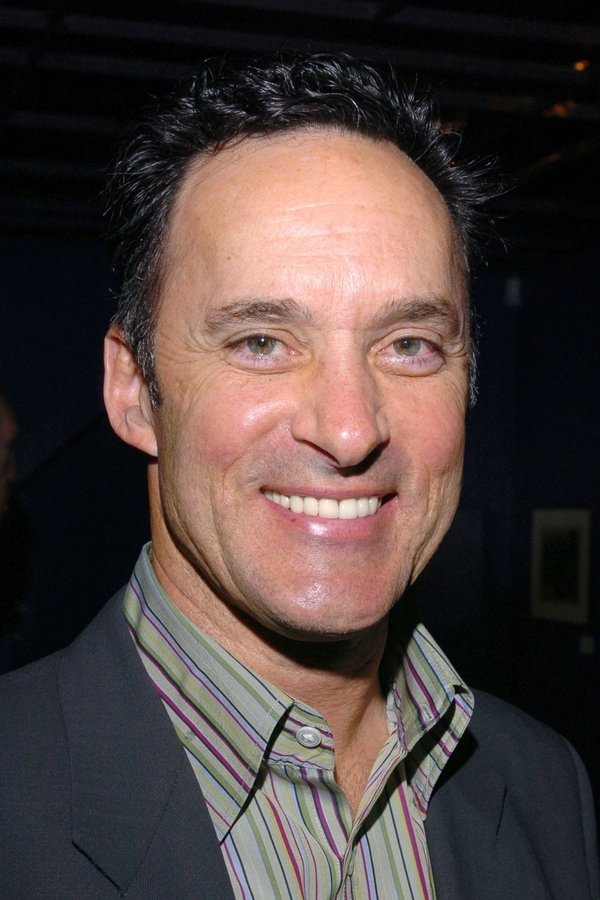
Mike Gabriel, Eric Goldberg
Director

Mike Gabriel, Eric Goldberg
Director
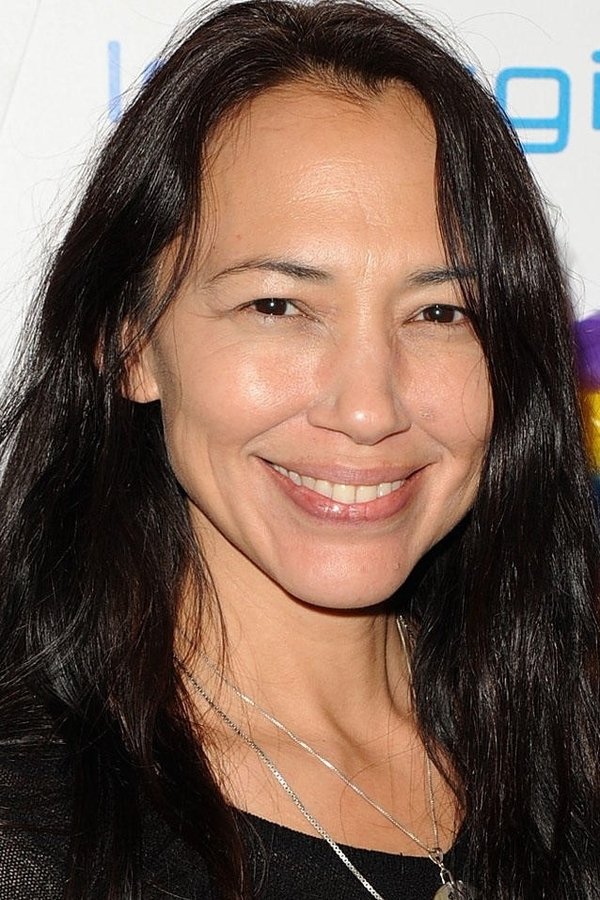
Irene Bedard
Pocahontas (voice)

Mel Gibson
John Smith (voice)
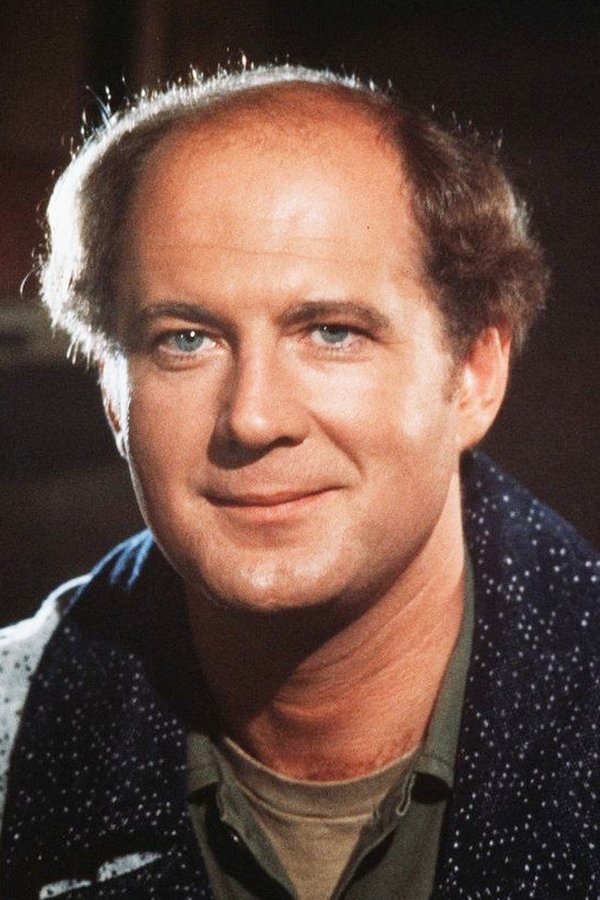
David Ogden Stiers
Governor Ratcliffe (voice)
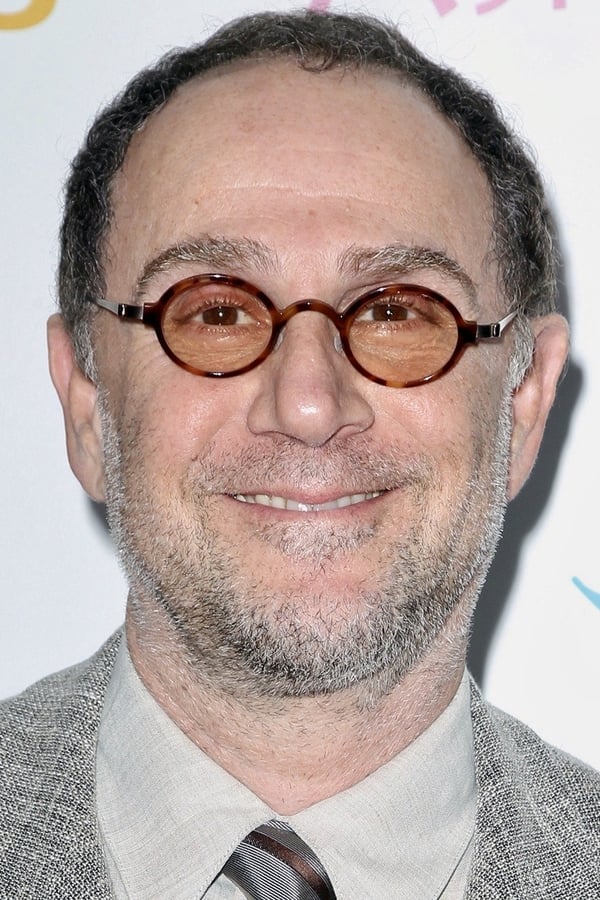
John Kassir
Meeko (voice)

Christian Bale
Thomas (voice)
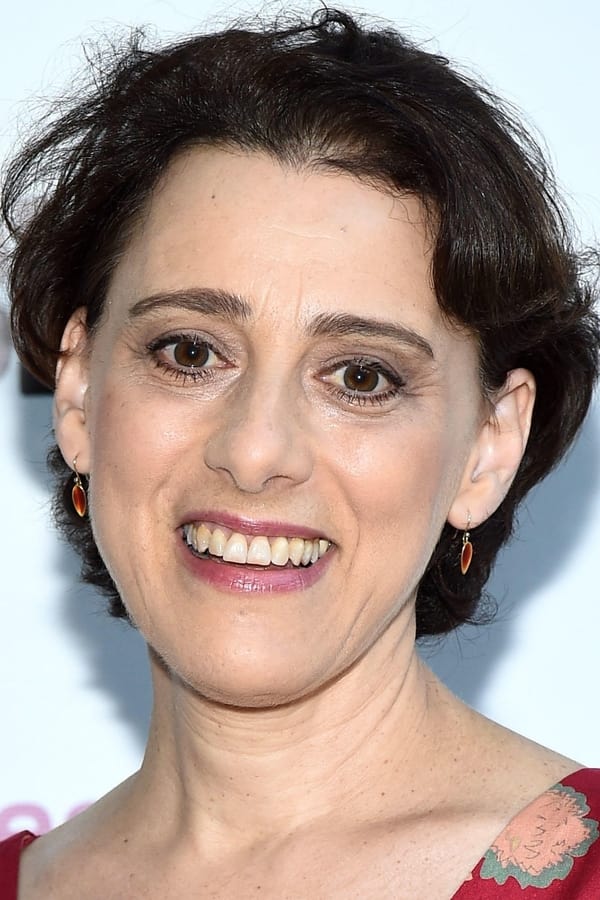
Judy Kuhn
Pocahontas (singing voice)
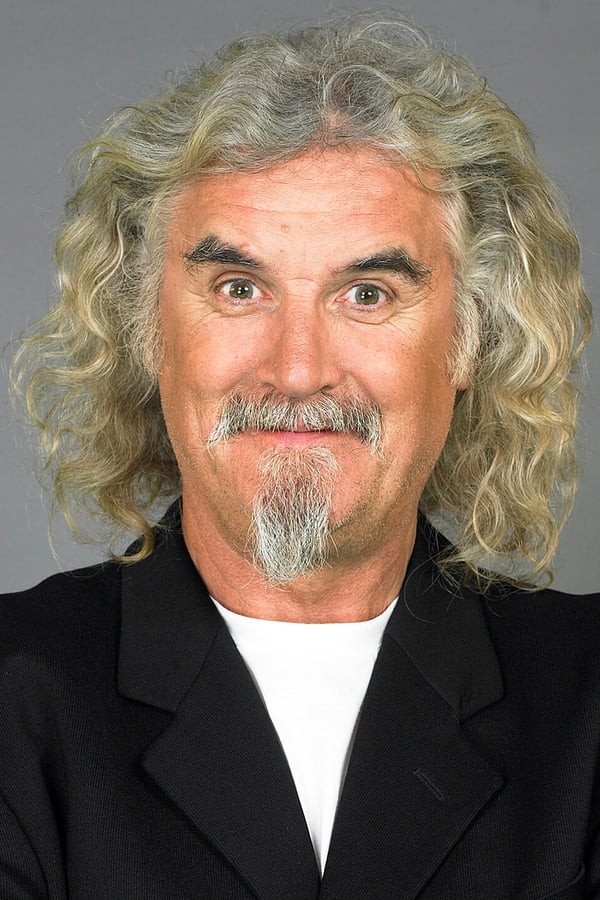
Billy Connolly
Ben (voice)
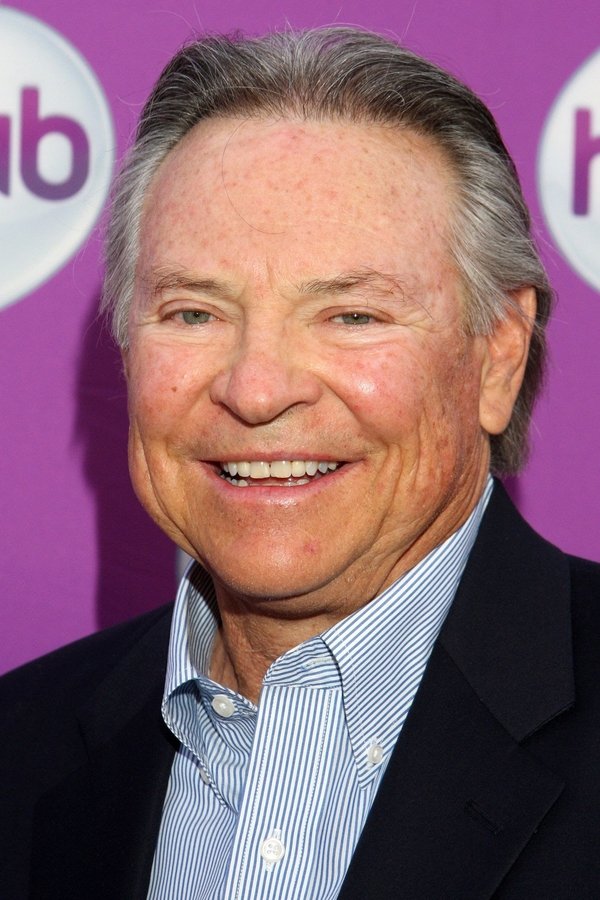
Frank Welker
Flit (voice)

Russell Means
Powhatan (voice)
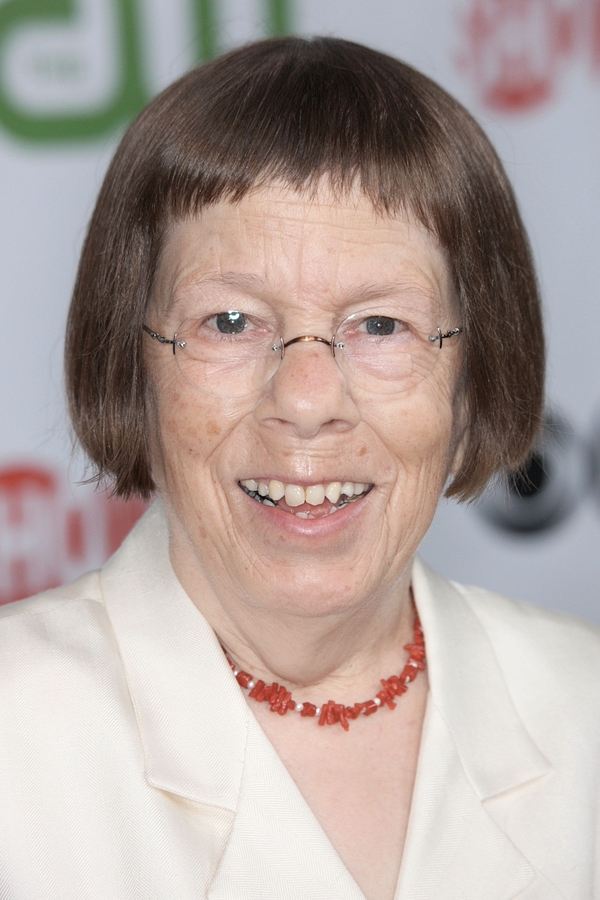
Linda Hunt
Grandmother Willow (voice)
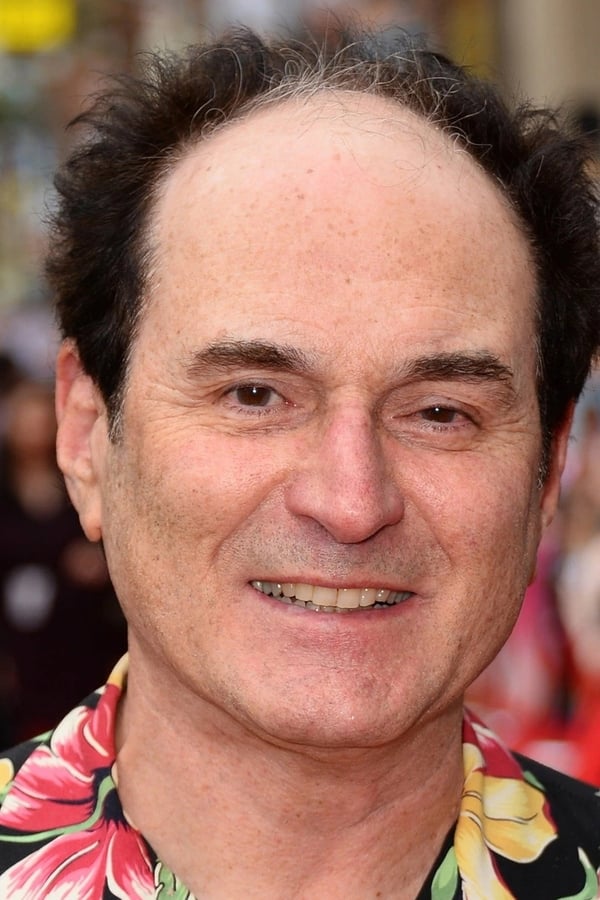
Danny Mann
Percy (voice)
"Marriage Story" is a narrow-minded and heavy-handed attempt to examine the complexity of human relationships.
Though often underwhelming as a whole, Nevertheless is worth the watch because of the relationship between Sol and Jiwan. It is a stunning, refreshing take on the friends to lovers trope that LGBTQ media has been missing.
The history of Hollywood is as ugly as it is beautiful. Most notably absent from Hollywood history are Black-produced films. “They’ve Gotta Have Us” explores the rise of Black cinema.



